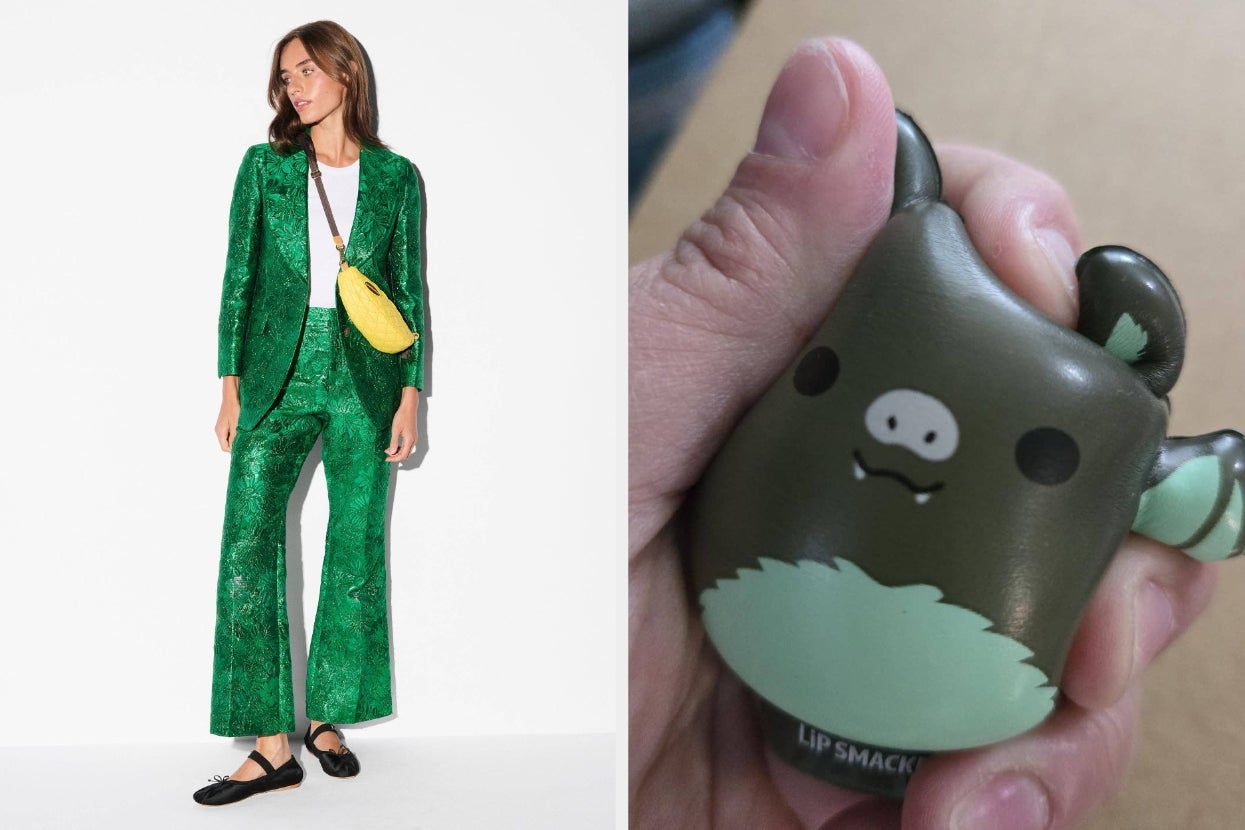 These painstakingly made enclosures protect Joshua tree saplings in the national park named for them in the high desert north of Palm Springs. Animals like to nibble on the saplings, so park personnel are doing what they can to even the odds.
These painstakingly made enclosures protect Joshua tree saplings in the national park named for them in the high desert north of Palm Springs. Animals like to nibble on the saplings, so park personnel are doing what they can to even the odds.I first noticed them last Thursday. The day before, I'd taken a field trip to Barstow, about 110 miles away, and been surprised to find it that was so economically stressed. I should've known -- I have friends who do wonderful ministry there -- but I didn't.
My first thought was that I should get out more. My second, on seeing these enclosures the day after my Barstow adventure, was that it seems strange to devote public resources to plants when there are people in need. I knew there was something callow about that observation, so I kept it to myself.
You might say that people, unlike plants, can take care of themselves. They can move somewhere else and take other steps to improve their situation. Counterpoint: Society has the responsibility to equalize opportunity to the extent possible, and it's failing in places like Barstow, where there aren't enough jobs, to a large extent because of the globalization of manufacturing.
You might say that Joshua trees are part of the ecosystem and critters are entitled to their dinner. Counterpoint: Joshua trees are prey to the encroachment of humanity and ought to be maintained in protected surroundings in at least one little part of the world.
Or you might say that all dimensions of God's creation deserve care. Counterpoint-- Well, there isn't one, except to say that our means, energy, and will appear so limited that, since we can't take care of everyone and everything, we spend our lives engaged in quietly desperate prioritization and triage. The problem is when we make the best or only choices we can, which often are the most self-interested ones, and then build the fortress of a philosophy around ourselves in an attempt to show that God or Reason sees reality, right, and wrong more or less as we do.
So maybe it's good to be convicted by a plant now and then.








No comments:
Post a Comment